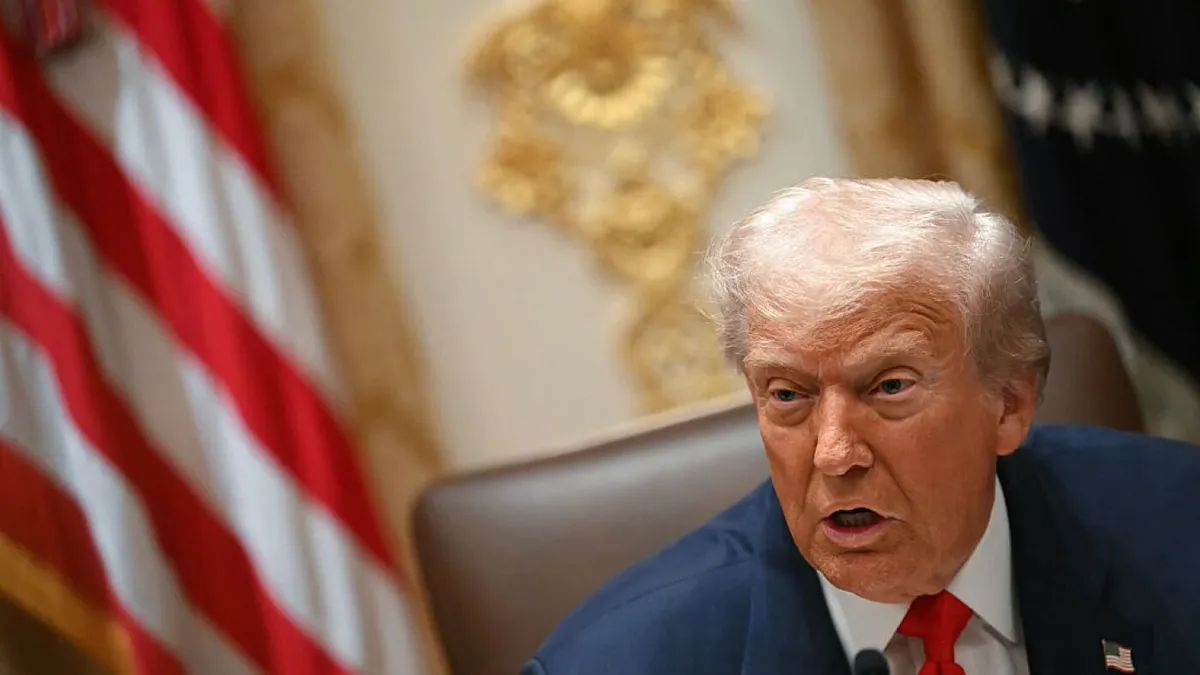
On Thursday, President Trump announced his upcoming meeting with Russian President Vladimir Putin in Budapest, Hungary, aimed at addressing the ongoing conflict in Ukraine. This announcement follows what Trump described as a "very productive" two-hour phone call with the Russian leader, during which they explored various topics, including trade and the situation in the Middle East.
In a social media post, Trump revealed plans for a summit in Budapest after their extensive conversation. He stated, "At the conclusion of the call, we agreed that there will be a meeting of our High-Level Advisors next week," indicating that Secretary of State Marco Rubio will lead these discussions. The exact location for these meetings will be determined soon.
During the announcement, Trump emphasized the importance of their upcoming meeting, saying, "President Putin and I will then meet in an agreed upon location, Budapest, Hungary, to see if we can bring this 'inglorious' War between Russia and Ukraine to an end." This highlights Trump's commitment to finding a resolution to the conflict that has escalated tensions in Eastern Europe.
Trump further asserted that "great progress" was made during the call with Putin, which he plans to discuss in detail during his meeting with Ukrainian President Volodymyr Zelenskyy on Friday at the White House. One of the key topics expected to arise during their discussions is the potential for the United States to provide Ukraine with long-range missiles.
Trump faced significant backlash after his previous meeting with Putin over the summer, which took place in Alaska. That summit did not yield any substantial advancements toward resolving the war in Ukraine. Despite initially calling for a ceasefire during his Alaska visit, Trump later backtracked on his stance. Following that meeting, he had indicated that his team would arrange a meeting between Putin and Zelenskyy, a plan that ultimately did not materialize.
On Thursday, White House Press Secretary Karoline Leavitt reiterated that Trump continues to believe in the possibility of a meeting between Putin and Zelenskyy. When questioned about any changes in circumstances that might lead to a more fruitful second meeting with Putin, Leavitt responded, "I think the President is always willing to take a chance at diplomacy."
As the geopolitical landscape continues to evolve, Trump's upcoming meeting with Putin and the subsequent discussions with Zelenskyy will be closely scrutinized by international observers and analysts alike, as all parties seek a path to peace in Ukraine.